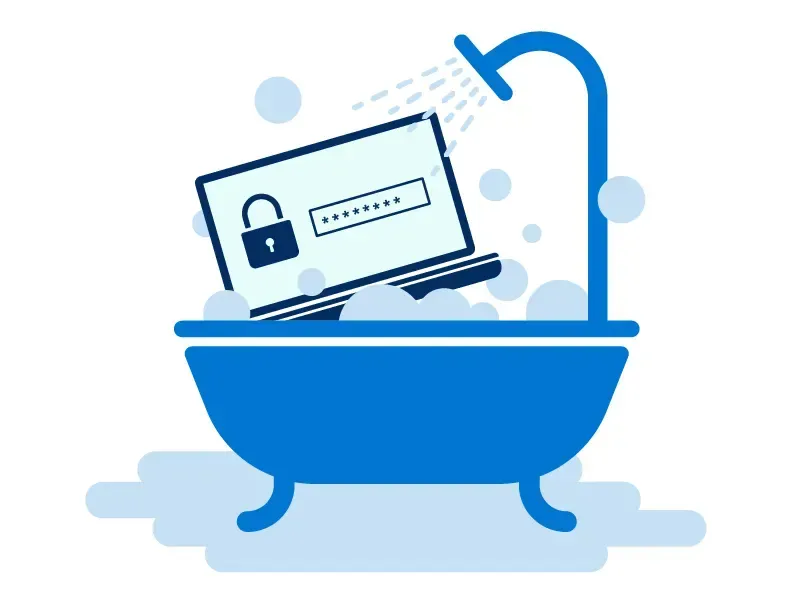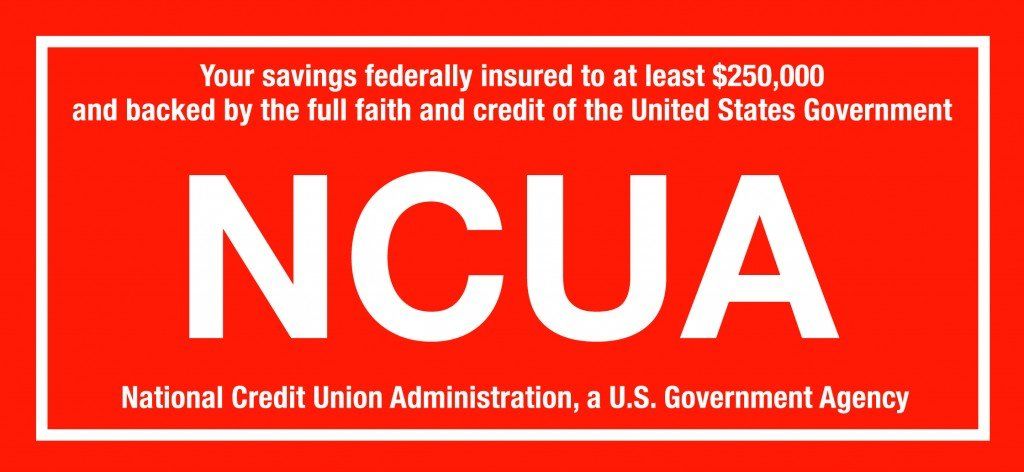Good Password Hygiene

Do you use the same towel to dry your hair and your dishes?

If you wouldn't do that for personal hygiene, then you shouldn't do it for digital hygiene either. We don't take a "one size fits all" approach to many things in life, and our cybersecurity measures should be no different. Password hygiene is a term used to mean a set of guidelines that, when in use, will keep your password better protected from cybercrime. Here are some resources that you might find helpful in keeping your passwords squeaky clean!
In a recent poll, almost 52% of Americans use the same password for multiple accounts, with around 13% stating that they use the same password for ALL of their accounts! With these types of trends, our biggest suggestion is to avoid reusing passwords. Duplicating passwords across multiple platforms opens you up to getting hacked on many fronts. If a scammer finds out one password, they will for sure try to use that password on your other accounts. Keeping each account different stops them in their tracks.
As well as not reusing passwords, you should also change your passwords periodically. How often, though, is often enough? According to security giant McAfee, they say every three months is sufficient to deter attacks on your personal information. However, if you find yourself in a situation where your information has been compromised, passwords should be changed immediately. This is why it is important to remember Rule #1 (avoid reusing passwords), because whether it is quarterly or in the wake of a breach, having unique passwords for each account will only require one change instead of several.
When it comes time to change your password, consider the idea of using a passphrase instead of the typical "Uppercaselowercasenumbersymbol" approach. A passphrase is a series of words strung together to create a password. The Intercept did a great piece on the idea of creating passphrases using dice, making the process truly random. Useapassphrase.com also has a great passphrase creator, along with an "approximate crack time" to show you how secure each phrase could be. Remember, add in numbers and symbols to make your passphrase even stronger.
Whenever you are updating a password, it is also good practice to review your other account information. Make sure any names, addresses, and email addresses are correct, and as an added measure, set up two-factor authentication wherever possible. Consider this like throwing on that SPF 900 before heading onto the beach. It is an added layer of protection for your accounts and is one more thing a hacker needs to get through to get to your personal information.
With the need for so many passwords, as well as frequent password changes, experts suggest the use of a password manager to keep track of all of this information. Norton Password Manager is free, simple to use, and comes with a stellar reputation of being part of the Norton Suite of services. Dashlane is another service that has paid options, as well as a free Chrome extension that stores passwords right from your browser! Lastly, Avira Password Manager is another great option with a free membership that boasts cloud storage, password creation, and autofill for mobile and desktop browsers. The icing on the cake for password managers is that they require remembering only one password, and the rest the software keeps for you!
Still struggling to come up with strong passwords? Here are a few suggestions from a basic Google search that might be helpful to you.
- LastPass - a simple password generator. Very customizable and user-friendly.
- KeePass - an open-source password manager that's also completely free. It securely encrypts and stores your passwords on your device instead of the cloud, which is a great feature for users who prefer having full control over their credentials and data.
- Avast - a simple, customizable password generator, with additional education and access of Avast's suite of products.
The Bottom Line...
Just like moisturizer and taking your vitamins are integral parts of a good overall personal hygiene regimen, having good password hygiene is key to keeping your personal information safe while browsing online.

